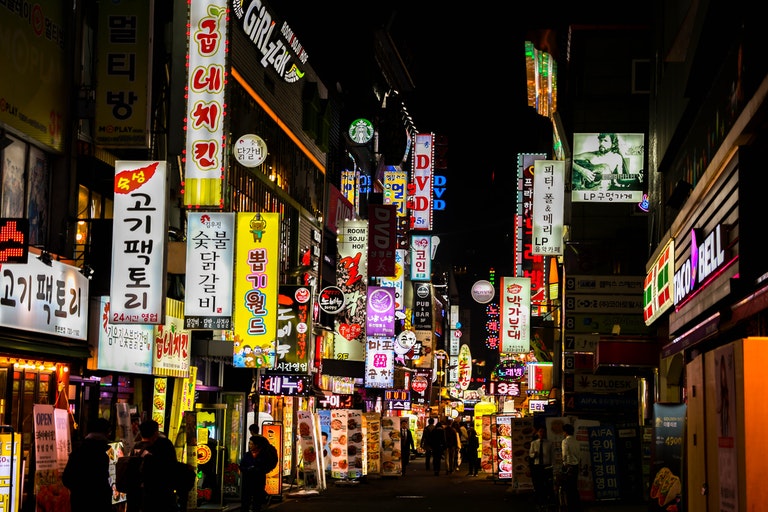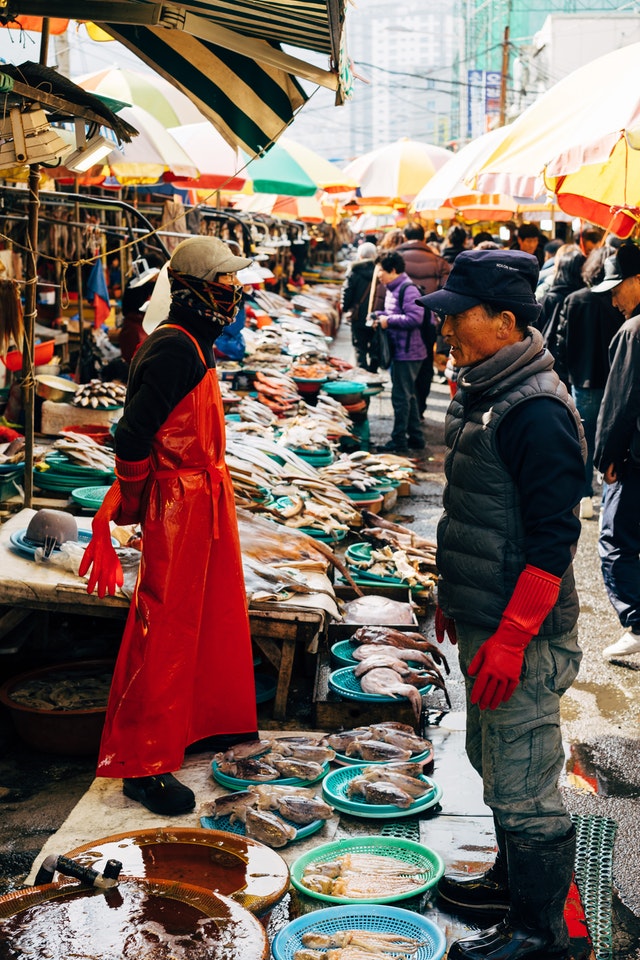Korea
Yeoboseyo!
Korea is an exciting and fascinating country and is one of our high-demand destinations. Korea’s cities are big and modern but Korea also has natural beauty which locals enjoy from visiting national parks. The Korean people have a great energy and live life with a fast pace. Koreans have a high standard of education and love to receive exchange students from Australia and New Zealand.

School
Education in Korea is important to many students and so local students can be busy studying to prepare for university entrance before their graduating year. Because of this, most high schools will not have clubs or extracurricular activities. Exchange students are encouraged to enrol into sports clubs and groups outside of school. Many students enjoy practicing Korean martial arts, learning about Korean traditions or learn K-Pop dancing as an optional activity after school.
Language RequirementS
Students must have studied the language for at least 150 hours and have a basic understanding of Korean traditions and manners.
Family
The family is the most important part of Korean life for all Koreans. The father is the head of the family and it is his responsibility to provide for the family and to approve the marriages of family members in accordance with the Confucian teachings and tradition.
Family welfare is much more important than the needs of the individual. The actions of one family member reflects on the rest of the family in the eyes of their community. This means that all members of the family have a strong obligation to all members of their family unit.
The eldest son has special duties: first to his parents, then to his brothers from eldest to youngest, then, when he marries, to his own sons, wife and lastly to his daughters.
These values of duty, loyalty, honour, filial piety, respect for age and seniority, and sincerity are basic tenets of Confucianism which all Korean families live by.
Relationships between people in families, the community and school in Korea operate on the basis of harmony. The Korean word “Kibun” is a word with no literal English translation; the closest terms are pride, face, mood, feelings, or state of mind. If you hurt your host parent’s or host sibling’s “kibun” you hurt their pride, cause them to lose dignity, and lose face. It is always therefore important to maintain a pleasant atmosphere in the family even if sometimes it means not telling the whole truth. There are also strict rules when meeting people in Korea. South Koreans bow to a person of higher status on meeting them. Some Koreans will then shake hands with you as well, acknowledging your cultural traditions of greeting people. When saying goodbye at social gatherings you should remember to bow to each person individually.

Korea Programs
Join an Info Session
Enquire Today
Enquire today about this program. We’ve got experts ready to assist with any enquiry about the countries, programs and the process.
